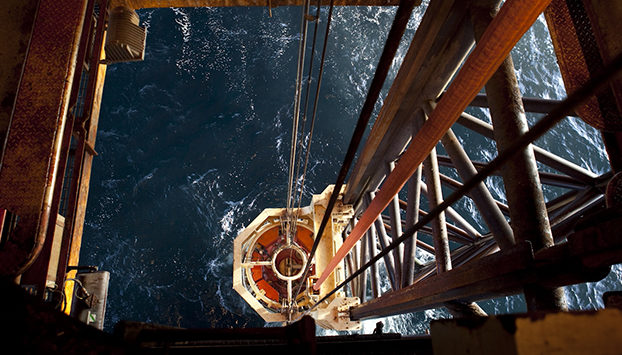
There is quite a difference between EU sanctions lifting on implementation day than in the US.
What is perhaps not so immediately obvious is, for the EU and the UK, there is an immediate easing of sanctions. With certain restrictions, business are free to re-engage with Iran – that specifically includes the oil and gas sector
For the US it is more complicated. Sanctions continue in respect of bilateral trade between the US and Iran which results in US oil businesses being unable to do direct business with Iran from the US. However, US businesses outwith the US – maybe based in the UK – can engage with Iran.
There’s a huge demand by Iran for everything which we are good at providing – the latest technology, the latest methodologies, right down to fabrication. All of which we can put into Iran.
The UK has a long history in Iran. The first discovery of oil in the early 1900s was done through the Anglo Persian Oil company, now BP. There’s a strong culture of engagement between the UK and Iran.
It is not going to be an easy place to do business. It has some fundamental key challenges. This includes identifying the right business partner or agent in Iran.
There is risk of bribery and corruption. It still scores very highly on the corruption perception index which isn’t a good thing.
There is still going to be bureaucratic difficulties.The structure of the industry remains state-owned.
We are talking about the fourth largest oil producer on the planet, and the second biggest gas producer. It is a market that has been closed for many years, now re-opened, and they are crying out for investment.
We’ve got businesses that have the technology and resource. They have a track record of being fleet of foot and working in regimes that are more difficult than Iran, like angola.
It may not be the capitalist structure we are used to, but Iran still has a good rule of law. For that reason Iran is a place to do business. They have structures that will allow investment.
Jamie Stark is a partner with law firm Burness Paull
Recommended for you
